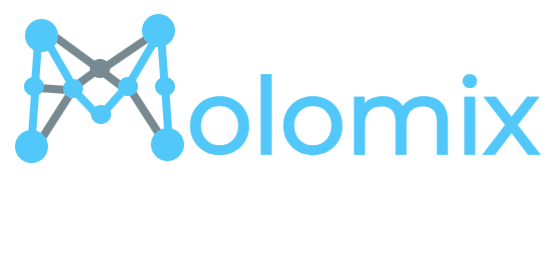We are excited to launch a three-part series exploring the revolution in genomics and its profound impact on the future of UK healthcare. This series examines how Next-Generation Sequencing (NGS) is not just transforming scientific research, but creating a pivotal shift towards a more predictive, preventative, and personalised era of medicine.
The first article, “What is NGS?”, provides a detailed introduction to this transformative technology. We explore how high-throughput sequencing is revolutionising diagnostics, from identifying the genetic drivers of cancer to guide targeted therapies, to tracking infectious diseases like COVID-19 with unprecedented speed. It delves into how NGS has moved from the research lab to the patient’s bedside, playing a crucial role in diagnosing rare genetic disorders and fuelling discoveries in epigenetics. The piece highlights how this technological leap is slashing analysis times, enabling clinicians to make faster, more precise treatment decisions that dramatically improve patient outcomes.
The upcoming articles in the series will explore what this genomic revolution delivers to the UK – examining the national ambition to scale up genomic screening for every newborn – and what needs to change to ensure this powerful technology is embedded rapidly, locally, and equitably across our healthcare system.
Join us for this journey into the future of medicine. Read Part 1 now.
What is Next-Generation Sequencing? Revolutionising Genomics and Precision Medicine
A six-month turnaround for a genetic diagnosis is no use to a child with an undiagnosed condition. Genomics must be fast, not just accurate.In recent years, Next-Generation Sequencing (NGS) has transformed the fields of genomics, medicine, and biological research. As a powerful, high-throughput method for decoding DNA and RNA, NGS enables scientists to rapidly and cost-effectively explore the genetic blueprints of humans, pathogens, animals, and plants. Genomic sequencing has come a long way since the first bacterial genome was sequenced in 1995. Nowadays, high-throughput sequencing is revolutionising the speed and accuracy with which we diagnose pathogens and treat infection through the parallel sequencing of millions of DNA fragments in a single experiment.
NGS can process entire genomes within days, providing an enormous amount of data quickly and affordably. This is paving the way for novel diagnostics that identify biomarkers, help us understand the host response to pathogens, and monitor microbiome shifts in disease progression.

Key areas currently advancing thanks to NGS include:
- Clinical Diagnostics and Personalised Medicine: NGS is integral to diagnosing rare genetic disorders, inherited conditions, and cancers. Since cancer is caused by abnormal changes to our DNA, the better we understand those changes, the more we can do to prevent, detect, and treat the disease. Tumour sequencing, for instance, helps identify mutations that guide targeted therapies. By understanding a patient’s genetic makeup, clinicians can tailor drug therapies to enhance efficacy and reduce adverse effects, ushering in a new era of precision medicine.
- Infectious Disease Surveillance: During the COVID-19 pandemic, NGS was pivotal in identifying variants of concern. The same principles are now being applied to track antimicrobial resistance and other emerging pathogens. The UK’s early investment in the COVID-19 Genomics Consortium UK (COG-UK) allowed it to discover the B.1.1.7 variant and alert the world that SARS-CoV-2 was evolving.
- Genetic Research: From mapping the human genome to uncovering gene-environment interactions, NGS fuels discoveries across the sciences. This includes epigenetics, the study of how inheritable traits can change due to modifications that alter how our genes are expressed, often in response to environmental factors like smoking. Understanding epigenetics offers a new window into the root causes of diseases like cancer.
- Agrigenomics and Biodiversity: NGS is also used to improve crop traits, monitor ecosystem health, and conserve endangered species. As global climate change threatens biodiversity, genomic technologies are providing crucial insights into the evolutionary processes that can aid conservation efforts and help species adapt.
The Future of NGS and Early Developments

NGS has moved from the lab bench to the bedside, playing a crucial role in reshaping how we detect, understand, and treat disease. As costs continue to fall and accuracy improves, NGS is poised to become a routine part of healthcare, public health, and wider fields like forensics and pharmacology. The future will likely see further integration with artificial intelligence to enhance interpretation.
This technology is already transforming cancer care by significantly reducing the time required to analyse a tumour’s composition, enabling faster, more precise treatment decisions. The NHS Genomic Medicine Service is driving this integration, recognising that early sequencing improves survival rates and reduces costs by avoiding ineffective treatments. While standard whole genome sequencing can take 10-12 weeks, ultra-rapid services are now delivering results in as little as 2–3 weeks, a critical factor where timely intervention can dramatically alter patient outcomes.
Final thoughts
Next-Generation Sequencing is already changing the landscape of medicine and research. What application of NGS do you find most exciting or revolutionary? Share your thoughts in the comments below!

